The Salesforce Marketing Cloud provides marketers with the resources to craft tailored customer experiences and enhance campaign effectiveness. This manual will guide you through the process of leveraging Marketing Cloud from grasping its functionalities to utilizing AI’s capabilities.

Table of Contents
- Step 1: What is Salesforce Marketing Cloud?
- Step 2: Marketing Cloud is part of the Salesforce platform
- Step 3: Marketing Cloud demo
- Step 4: How AI helps marketing
- Step 5: Unifying customer data
- Step 6: Segmenting your audience
- Step 7: Creating Unique Customer Experiences
- Step 8: Journey Orchestration
- Step 9: Introducing Einstein Copilot
- Step 10: Automating Campaign Creation
- FAQ: Common Questions about Salesforce Marketing Cloud
Step 1: What is Salesforce Marketing Cloud?
Salesforce Marketing Cloud is an robust tool built to assist marketers in crafting tailored customer experiences streamlining campaigns and enhancing campaign effectiveness. With the use of data and sophisticated insights it empowers companies to connect with customers through channels and marketing platforms.

In todays landscape where personalized experiences are in demand the Marketing Cloud emerges as an essential resource for marketers. It empowers businesses to go beyond approaches and engage with their audiences more profoundly. Notably a significant 88% of consumers anticipate tailored offers underscoring the importance of data utilization for marketers.
Step 2: Marketing Cloud is part of the Salesforce platform
As a member of the Salesforce community Marketing Cloud effortlessly connects with Salesforce offerings. This connection enables the merging and utilization of data from sources such as sales, service and commerce. The capability to bring together customer interactions into a comprehensive perspective is essential for making decisions.
For instance a media brand such as Einstein One Radio can leverage data to understand potential new listeners. By categorizing audiences into groups the marketing team can tailor campaigns effectively using factors and audience interests.
Step 3: Marketing Cloud demo
To understand what Marketing Cloud can do a demo highlights its functionalities. In the demonstration users can observe how campaigns yield results among target groups. Thanks to insights driven by AI improving campaign effectiveness is made easy.

For example when studying how listeners behave Einstein can pinpoint the groups of people who are most likely to take action based on how involved they are. This information can then be used to create marketing approaches that specifically appeal to those listeners.
Step 4: How AI helps marketing
AI is integrated, into the Marketing Cloud offering marketers robust tools to improve their approaches. The AI features called Einstein provide valuable information about customers or specific groups simplifying data analysis.
AI empowers marketers to streamline processes, enhancing customer interactions. For instance by utilizing data insights they can tailor audience segments based on behavior. With the help of Einstein’s analytics marketers can swiftly fine tune campaigns for effectiveness ensuring their approaches meet customer preferences.
Step 5: Unifying customer data
Bringing together customer information is crucial, for successful marketing. The Marketing Cloud empowers companies to collect data from various sources offering a perspective on customer engagement. This all encompassing strategy facilitates improved tailoring and targeting techniques.

For instance a group focused on marketing can develop comprehensive customer profiles that outline likes, actions and previous engagements. By gaining insights into these profiles marketers can customize their communications and promotions to cater to the specific requirements of every individual customer.
| Customer Segment | Engagement Level | Preferred Content Type | Conversion Likelihood |
|---|---|---|---|
| Heavy Listeners | High | Music Genre Ads | 70% |
| Occasional Listeners | Medium | General Promotions | 50% |
| New Users | Low | Introductory Offers | 30% |
Step 6: Segmenting your audience
Dividing audiences into groups is essential, for effective marketing. With Marketing Cloud marketers can establish segments based on factors such as preferences, actions and levels of interaction. This enables companies to customize their marketing communications to connect with diverse audience segments.

For example a marketing strategy aimed at frequent freemium users could be crafted to turn them into paying subscribers. By studying interaction data marketers can pinpoint the groups that are most inclined to react favorably to certain promotions. This focused method not boosts customer satisfaction. Also increases the likelihood of converting users.
To sum up Salesforce Marketing Cloud provides marketers, with the resources needed to handle the challenges of contemporary marketing. Through leveraging AI and consolidated customer information companies can deliver tailored experiences that nurture stronger bonds with their target audiences.
Step 7: Creating Unique Customer Experiences
In todays competitive environment crafting customer experiences is crucial. Salesforce Marketing Cloud enables companies to customize each interaction using customer information. This level of personalization fosters loyalty and improves customer happiness.

A recent study shows that a significant 80% of shoppers prefer buying from brands that provide tailored experiences. Marketers can create impactful campaigns by utilizing information about customers preferences and behaviors.
Key Strategies for Unique Experiences
- Dynamic Content: Use customer preferences to create dynamic content that changes based on the recipient’s profile.
- Behavioral Targeting: Analyze past interactions to predict future behaviors and tailor offers accordingly.
- Multi-Channel Engagement: Ensure a consistent experience across all touchpoints, whether it’s email, social media, or in-app notifications.
Step 8: Journey Orchestration
Journey orchestration is all about planning and overseeing the customer experience across channels. It guarantees that every interaction is fine tuned for maximum engagement and conversion. Salesforce Marketing Cloud offers features to streamline these journeys simplifying the process for marketers to send out messages that are both timely and pertinent.
Studies indicate that businesses that have clear customer journeys experience a 20% boost in customer satisfaction. By comprehending and predicting customer requirements companies can build connections.
Benefits of Journey Orchestration
- Real-Time Adjustments: Modify campaigns on-the-fly based on customer interactions.
- Increased Efficiency: Automate repetitive tasks, allowing teams to focus on strategy.
- Enhanced Insights: Gain a deeper understanding of customer behaviors and preferences through data analysis.
Step 9: Introducing Einstein Copilot
Einstein Copilot is a revolutionary tool, for marketers seeking to optimize their workflows. This intelligent assistant can aid in crafting campaigns, dividing target audiences and producing content effectively. With its use of AI Copilot enables users to engage in conversations making the entire process user friendly.

Thanks to Einstein Copilot marketers can streamline their efforts. Research shows that teams leveraging AI technology can boost efficiency, by at least 30% freeing up time for brainstorming and innovative approaches.
Features of Einstein Copilot
- Campaign Creation: Generate campaign briefs and strategies based on business data.
- Audience Segmentation: Quickly identify and build audience segments tailored to specific campaigns.
- Content Drafting: Craft personalized email content that resonates with target audiences.
Step 10: Automating Campaign Creation
Effectively scaling marketing efforts relies on automation. With Salesforce Marketing Cloud marketers can streamline the campaign creation process automating everything, from segmenting audiences to generating content. This approach not saves time. Also guarantees uniformity in campaigns.
Recent statistics show that automated campaigns outperform efforts with a 70% higher open rate. This presents an opportunity for marketers to utilize automation to boost engagement and increase conversions.
Steps to Automate Campaigns
- Define Objectives: Clearly outline what the campaign aims to achieve.
- Utilize AI Insights: Use data-driven insights from Einstein to inform campaign strategies.
- Set Up Triggers: Automate responses based on customer behavior or interactions.
- Monitor Performance: Continuously analyze campaign results and adjust strategies as needed.
FAQ: Common Questions about Salesforce Marketing Cloud
When delving into Salesforce Marketing Cloud marketers often come across questions. Grasping these queries can aid in making choices regarding the use of the platform.
What types of businesses benefit from Marketing Cloud?
Marketing Cloud offers flexibility and can provide advantages, for companies in sectors such as retail, finance and entertainment.
How does Marketing Cloud handle data privacy?
Salesforce Marketing Cloud prioritizes privacy and complies with regulations such as GDPR and CCPA to safeguard customer information.
Can Marketing Cloud integrate with other tools?
Absolutely, Marketing Cloud works effortlessly with Salesforce offerings and a range of external apps boosting its capabilities.
What kind of support is available for new users?
Salesforce provides a range of materials such as guides, written resources and assistance to help users get acquainted with the platform.
To sum up utilizing Salesforce Marketing Cloud can revolutionize the way companies connect with their clients. By crafting personalized experiences, mapping out customer journeys and harnessing AI technologies such as Einstein Copilot marketers have the opportunity to achieve outcomes and build enduring bonds, with their target audience.
Reach out to us to discuss your CRM needs



